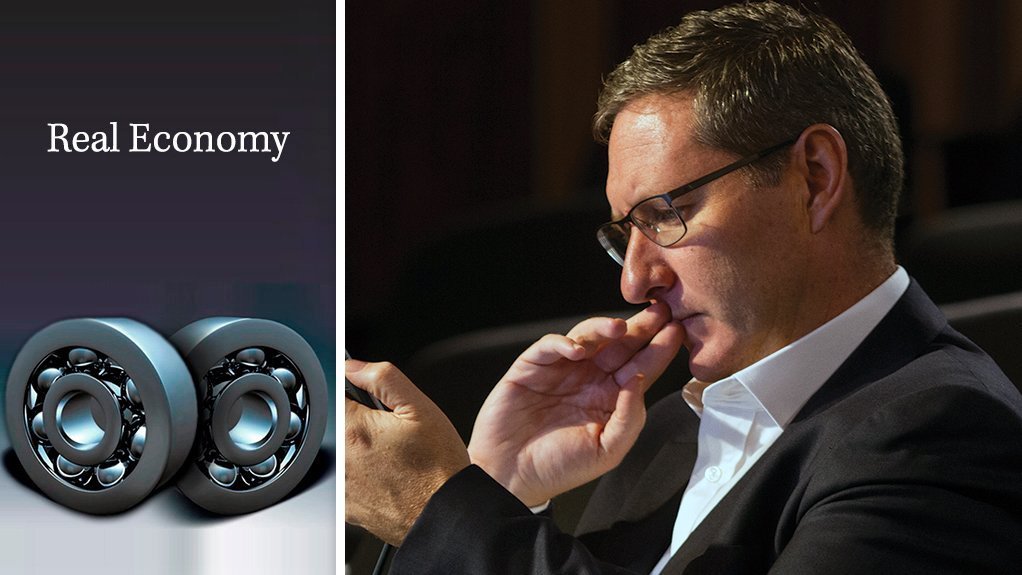Besides confirming additional financial support for Eskom in his Budget address last week, Finance Minister Tito Mboweni and the National Treasury also used the occasion to add flesh to the bones of Eskom’s unbundling. In fact, the R69-billion allocation for the coming three years – as well as any further fiscal support thereafter – was linked directly to a “fundamental reorganisation” of Eskom. As part of that process, government says the initial focus will be on the establishment of an independent transmission company, under Eskom Holdings.
The priority being given to the creation of such an entity is informed by the National Treasury’s analysis that South Africa is lagging developments in the global electricity system. In an annexure to the Budget Review, the National Treasury states that the nature of an efficient electricity system and grid is changing. “Systems no longer resemble Eskom’s vertically integrated monopoly model, with central power stations distributing power via grids to consumers. Instead, they have become increasingly decentralised, with electricity flowing from the centre to the periphery and vice versa.”
The document also provides case studies of electricity reforms that have been undertaken in China, Turkey and Brazil to respond to the changes in the market. It also argues that a vertical separation of Eskom will reduce the too-big-to-fail risk, limit financial contagion from the underperforming generation business on the rest of Eskom’s businesses and position the electricity sector to embrace clean technology and competition.
The unbundling process will, in the shareholder’s view, bolster accountability and transparency and enable the managers of the different entities to pay focused attention on turning around the different parts of the business. Crucially, the reorganisaiton should also crowd in private finance and allow lenders to more accurately assess and reflect the risks of the underlying businesses when funding them.
The National Treasury says a new independent board will be appointed at the grid company by mid-2019 and its assets will include the grid and the associated substations, the national control centre and the system operator assets, as well as Eskom’s peaker power stations. Supply agreements with existing clients would be migrated to the transmission company, along with supply contracts concluded between the transmission and distribution companies.
An unexpected component of the plan, however, is government’s decision to seek a strategic equity partner for the grid company. This is surprising for two reasons: it appears to run counter to the ‘no privatisation’ promise, and it seeks to include a private investor in the one area of the electricity supply industry that is set to remain a monopoly.
The intention may very well be to ensure that the heart of the system, as it has been termed, is strengthened to the point where the generation business is unable to dictate terms, or the pace of the energy transition. Nevertheless, it does raise eyebrows, as the cost of private equity is generally higher than the cost of raising government bonds, which means the grid company will be forced to seek higher returns to secure shareholder value. To avoid unnecessary unbundling gridlock, it will be critical for government to provide insight into how it plans to address these seeming contradictions.
EMAIL THIS ARTICLE SAVE THIS ARTICLE ARTICLE ENQUIRY
To subscribe email subscriptions@creamermedia.co.za or click here
To advertise email advertising@creamermedia.co.za or click here











